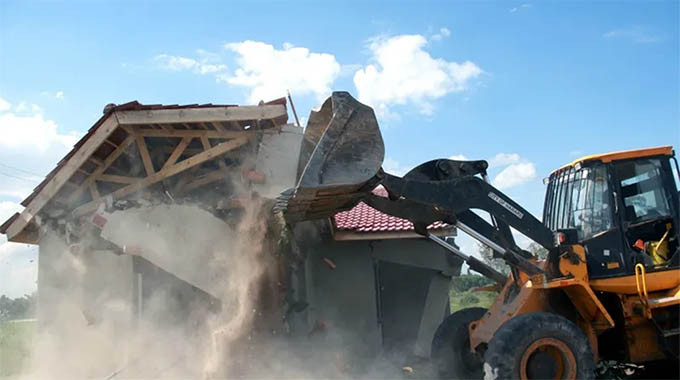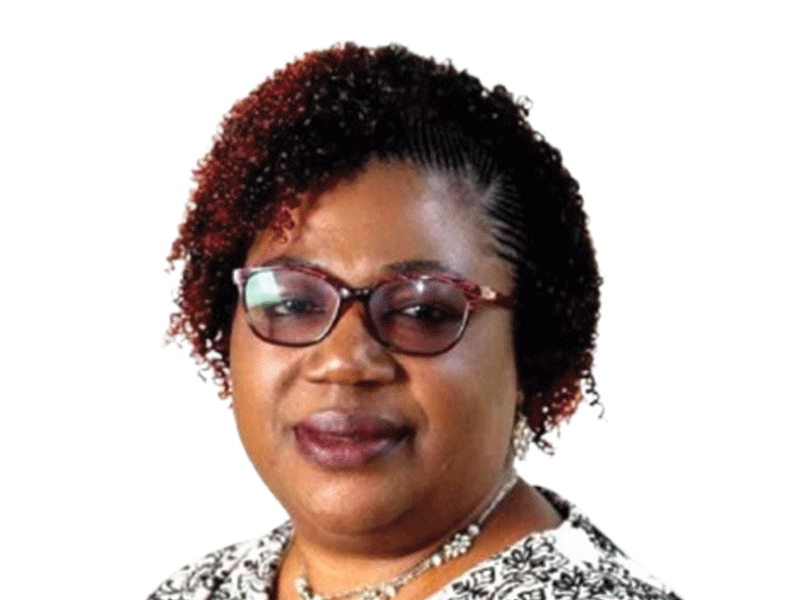
BETWEEN THE LINES: Beniah Munengwa
THE hegemony of thought in the literary world has remained in the hands of editors, reviewers and critics. Their personal or organisational tastes have always determined which manuscripts are accepted and adopted for publication.
In a private conversation with a former veteran publisher, he indicated to me that he was forced to reconsider manuscripts that would have been rejected by editors under him. He said some scripts were never published simply because those who vetted or edited them had no capacity to deal with their content.
Indeed, rejected manuscripts ended up seeing the light of day at different publishing houses, with some becoming the finest books ever published in this country.
But two remedies could heal this problem — the investment of time and use of multiple editors to work on a script. This would eliminate narrow-mindedness and allow a broad pool of ideas and a constructive approach.
However, this methodology points towards a formalised approach to publishing where there is a publishing industry, yet that is absent in this case. Here, one person is the script selector, editor, proof-reader and publisher. In other words, he is the prosecutor, judge, jury and attorney. This leaves less room for objectivity.
Thus, a perspective that could have been a piecemeal created by a handful of people now starts and ends with one person. The same can be said of any other prospect. Many ideas were turned away, simply because one person was not in agreement with them or that they saw no room for perseverance in them.
Production is a multi-faceted process, that is, from amateurish endeavours to professional growth. It is, therefore, the duty of the system to play the role of mentorship, if the publishing industry is to be revived.
- Chamisa under fire over US$120K donation
- Mavhunga puts DeMbare into Chibuku quarterfinals
- Pension funds bet on Cabora Bassa oilfields
- Councils defy govt fire tender directive
Keep Reading
However, given the tough times Zimbabwe is currently going through, it is complex for such a pro-socialist approach to be adopted. The poor remain at a disadvantage. But the rich are not excused for, at times, their works see the light of day simply because editors, reviewers and critics were blinded by the hand that fed the mouth rather than the competence.
It is my hope that the writer himself will stand objectively in thriving towards finding his or her manuscript a perfect exit point to the world. Critiques, reviewers and editors also must benevolently seek to widen their perspectives so that they will not become agents through which promising content will be condemned to the cemetery with no room for revival.
And so should the writer himself. He must be able to develop a wider perspective, endowed by a broad spectrum that allows for them to notice when and where he is being swayed away in blindness and not for his or her best interest.
This, however, is not to encourage the publication of poor literary works. Some scripts are presented in a bad State, so they are naturally rejected.
But a system that accommodates multiple perspectives, in their broad sense, would be the way to go. Only through it, will a rainbow of ideas be established, and maybe also society at large will benefit from Zimbabwe reading through a plethora of images and views.











